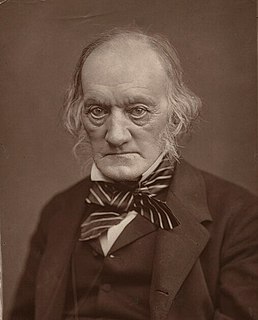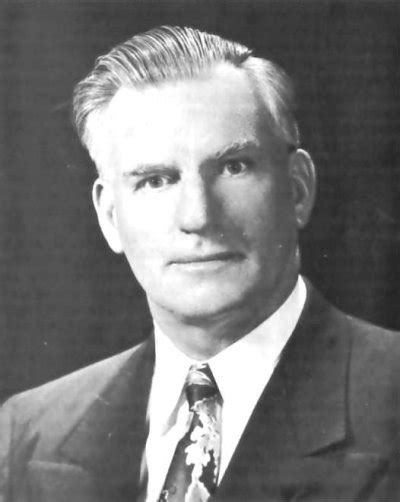A Quote by Edward Bulwer-Lytton, 1st Baron Lytton
Childhood and genius have the same master organ in common - inquisitiveness.
Related Quotes
The most common thing over the years is, 'What's it like to work with David Lynch?' That's absolutely the fascination, whether it's people that are in the industry or it's just diehard fans. Because he's our modern-day master. We're lucky enough to be alive at the time that an absolute master and genius is working.
A writer arrived at the monastery to write a book about the Master. "People say you are a genius . Are you?" he asked. "You might say so." said the Master, none too modestly. "And what makes one a genius?" "The ability to recognize." "Recognize what?" "The butterfly in a caterpillar: the eagle in an egg; the saint in a selfish human being.
A zealous disciple expressed a desire to teach others the Truth and asked the Master what he thought about this. The Master said, "Wait." Each year the disciple would return with the same request and each time the Master would give him the same reply: "Wait." One day he said to the Master, "When will I be ready to teach?" Said the Master, "When your excessive eagerness to teach has left you.
The psyche is the inward experience of the human body, which is essentially the same in all human beings, with the same organs, the same instincts, the same impulses, the same conflicts, the same fears. Out of this common ground have come what Jung has called the archetypes, which are the common ideas of myths.




































